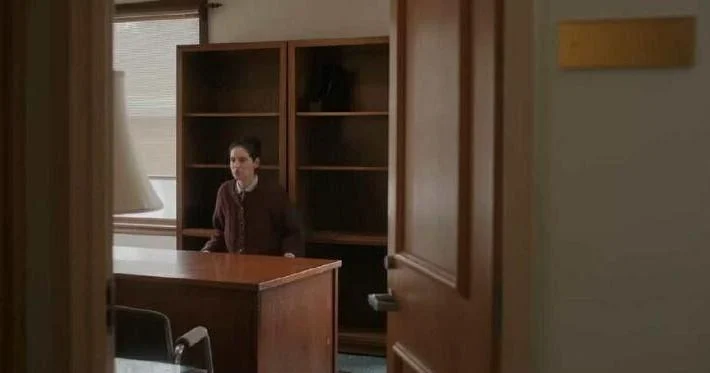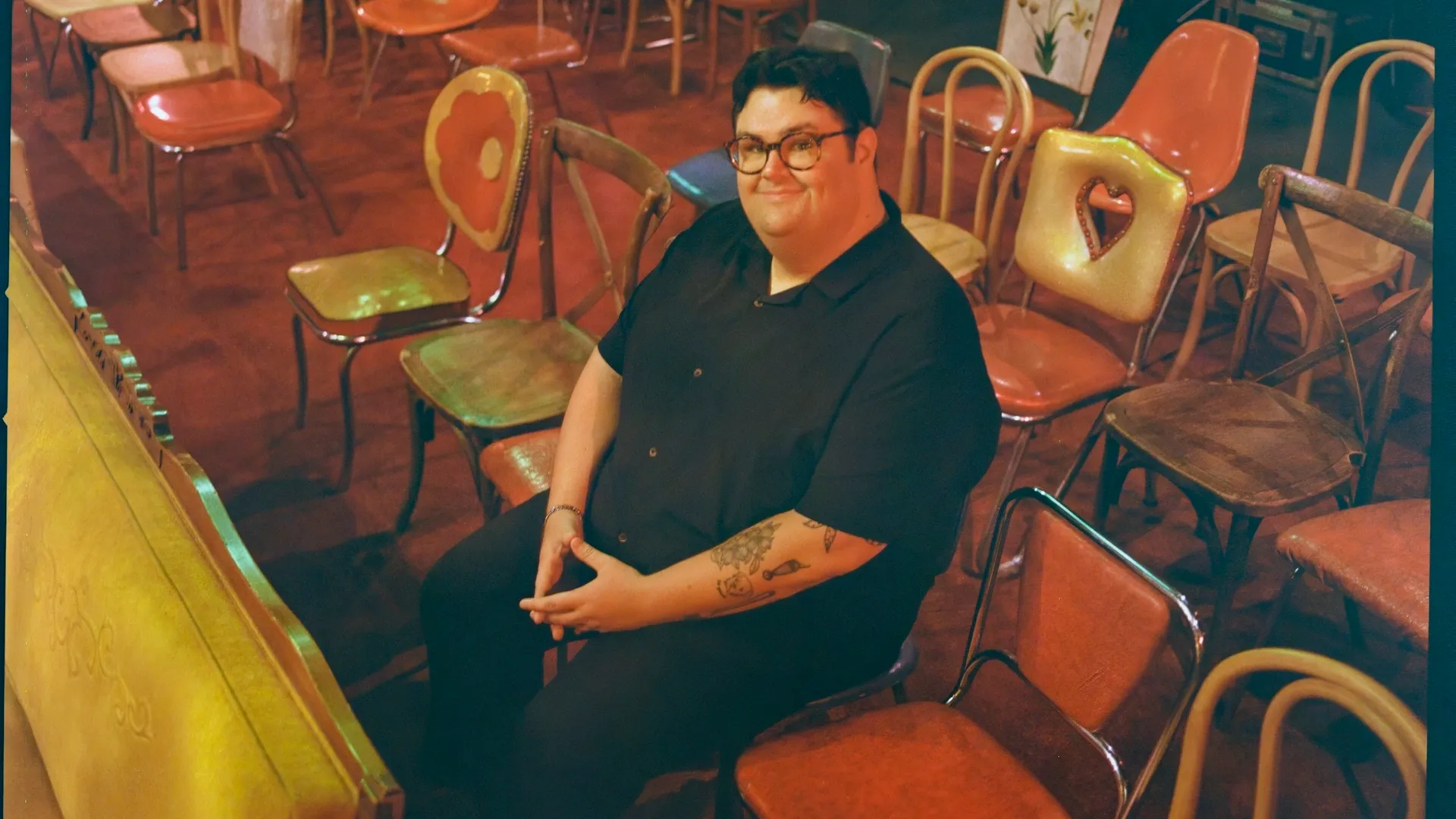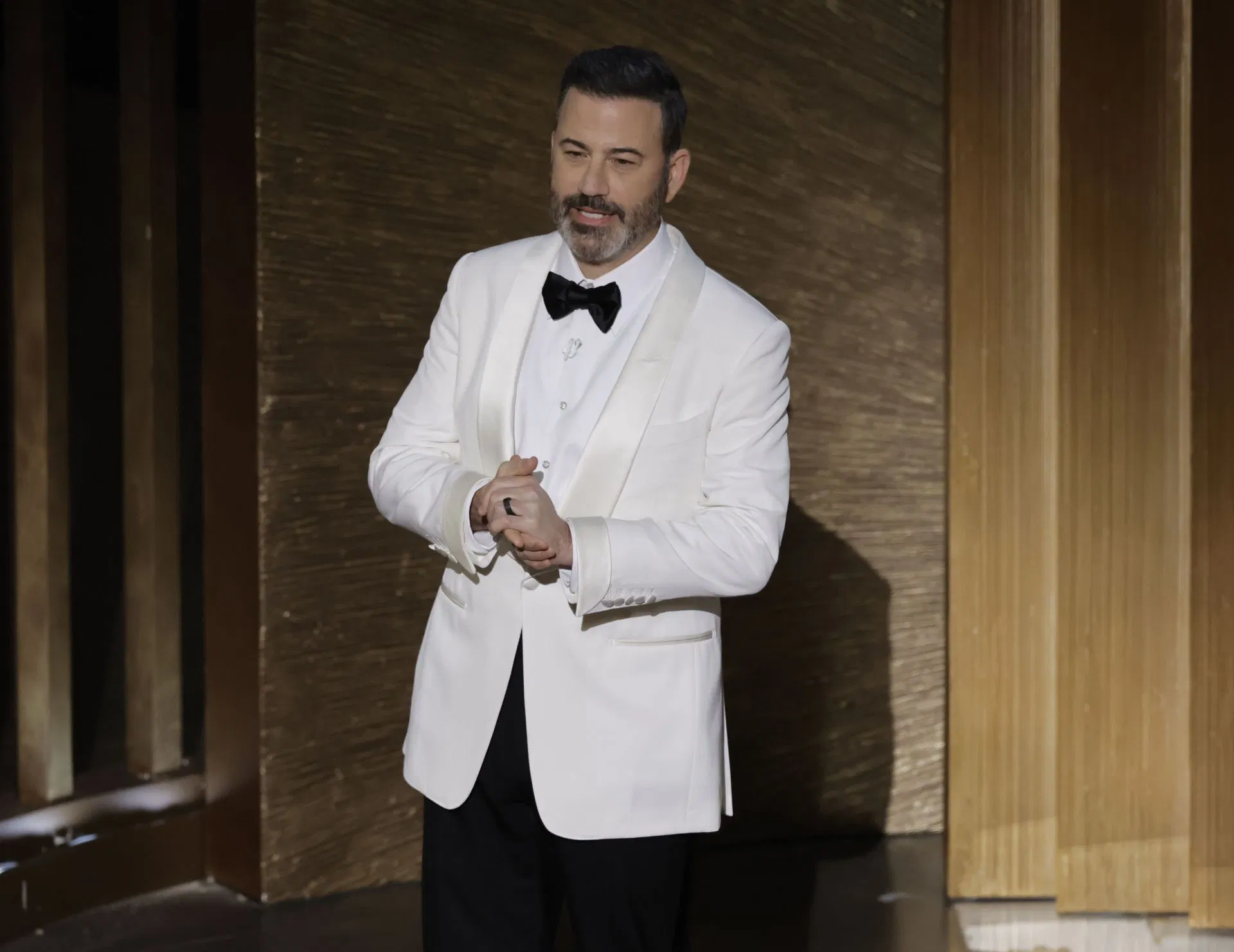By Quinn Bilodeau
Copyright keenesentinel

There’s an eye-opening moment in “Sorry, Baby” that involves a college student raising concerns over reading Vladimir Nabokov’s controversial novel “Lolita” in class because it makes him feel uncomfortable. It’s not unlike the infamous sequence from Todd Field’s “Tár,” in which the titular character responds to a similar apprehension. Cate Blanchett’s composer is technically right about scholars needing to be able to study the works of complicated artists but illustrates this hard lesson in a manner that metaphorically undresses her student in front of the entire class. Where that character shatters a valuable teaching moment to assert her academic dominance, Professor Agnes (played by the film’s writer-director Eva Victor), instead extends an empathetic olive branch to help him unpack his stance. This kid could have so easily been a strawman to tear into, but Agnes’ measured reaction shows how important it is to engage with art that may stir uncomfortable emotions in us. “Sorry, Baby” is one of those works of art.
In the aftermath of the press screening, I walked to the train station in a kind of stunned state of silence. I had a difficult time processing it emotionally. Only after I properly sat with “Sorry, Baby” did it reveal just how great a film it was. Victor (who uses they/she pronouns) makes their directorial debut with a touching and darkly funny film about coping with the invisible marks of trauma. The story is told in a non-linear fashion as it breaks up Agnes’ story through the years. What makes this stand out from other independent fare concerning similar subjects is that “the year with the bad thing” is not the driving force of this story. If you had walked into “Sorry, Baby” blind, the first 20 minutes would lead you to believe you’re watching a sweet movie about two longtime besties meeting up for the weekend.
Agnes and Lydie (Naomie Ackie) speak like two people who really know each other. It’s a natural friendship that expands into something even greater as a result of the incident creeping its way back into Agnes’ life. Literature Professor Preston Decker (Louis Cancelmi) focuses his attention on Agnes as a way of appealing to their interests. He mentions he has an ex-wife, gifts a first-edition book and, consequentially, invites them over to his house. It’s at this point where the film’s mood shifts into a much darker space. The extent of the bad thing will be familiar to anyone who’s given an inch of their personal space to a person they thought they could trust, only to have it backfire in ways that aren’t clear until after the fact.
There’s another filmmaker out there who would present this story in a more conventional manner, but Victor brilliantly reorganizes the pieces. They refuse to sensationalize the assault by witnessing the entire encounter at the Professor’s place through a distant lens. We see daylight turn to nighttime with no sign of our main character. It’s only when Agnes slinks out the front door in a hurried state that we know that something bad has just taken place. It’s one of many examples throughout this film that shows just how great Victor is at weaponizing space. Agnes’ house is often shot as if it were the setting of a ghost movie, with a whole lot of empty space in the frame to signify how small they feel in their own house. The terrible experience with Professor Decker makes Agnes feel as if he could come back even when we know he’s long gone. It’s a haunted house movie in which the lingering effects of trauma are the spirits.
“Sorry, Baby” is less about the act itself and more the invisible pain that resides. Agnes learns to live with what happened and moves on with their life. They do the best they can to subside their unease, especially since they work in the same building their professor did all those years earlier. It only makes Agnes’ sudden panic attacks that much more impactful. But for all the ways this film tears you down emotionally, it also has quite a few laughs.
Victor is an exceptionally talented screenwriter who translates material to the big screen with such confidence for their first feature film. It’s a delicate tightrope of a performance that could go so wrong in someone else’s hands. But Victor, however, is superb at making the best of those moments where you don’t want to joke about something serious, only for it to be a really funny observation. Whether for an indifferent doctor with a quiet hostility toward a day-after checkup, a useless meaning of solidarity or Lucas Hedges as the adorkably sweet next-door neighbor, humor is the most reliable coping mechanism. Sometimes all you can do is laugh until it’s time to cry and hug your friends while they tell you they love you.
Although “Sorry, Baby” tackles some heavy topics, it’s a phenomenal film about the world being a different place after such a traumatic event. The awful truth about life is that we’re expected to go about our days in the face of personal tragedy. The assault Agnes experiences informs the rest of the film rather than guiding it. Their memories come back up again during a jury duty selection process that gives them an opportunity to speak on behalf of their potential prejudices. Within this scene, however, is a beautiful little moment in which Agnes is filling out their information and upon getting to the gender check off boxes, they smile and put one in between. Internal wounds aren’t as self-repairing as our bodies usually are, but the little victories, coupled with showing kindness to someone in distress, is what makes the world go round.
“Sorry, Baby” is available for rental/purchase on most PVOD streaming platforms.



